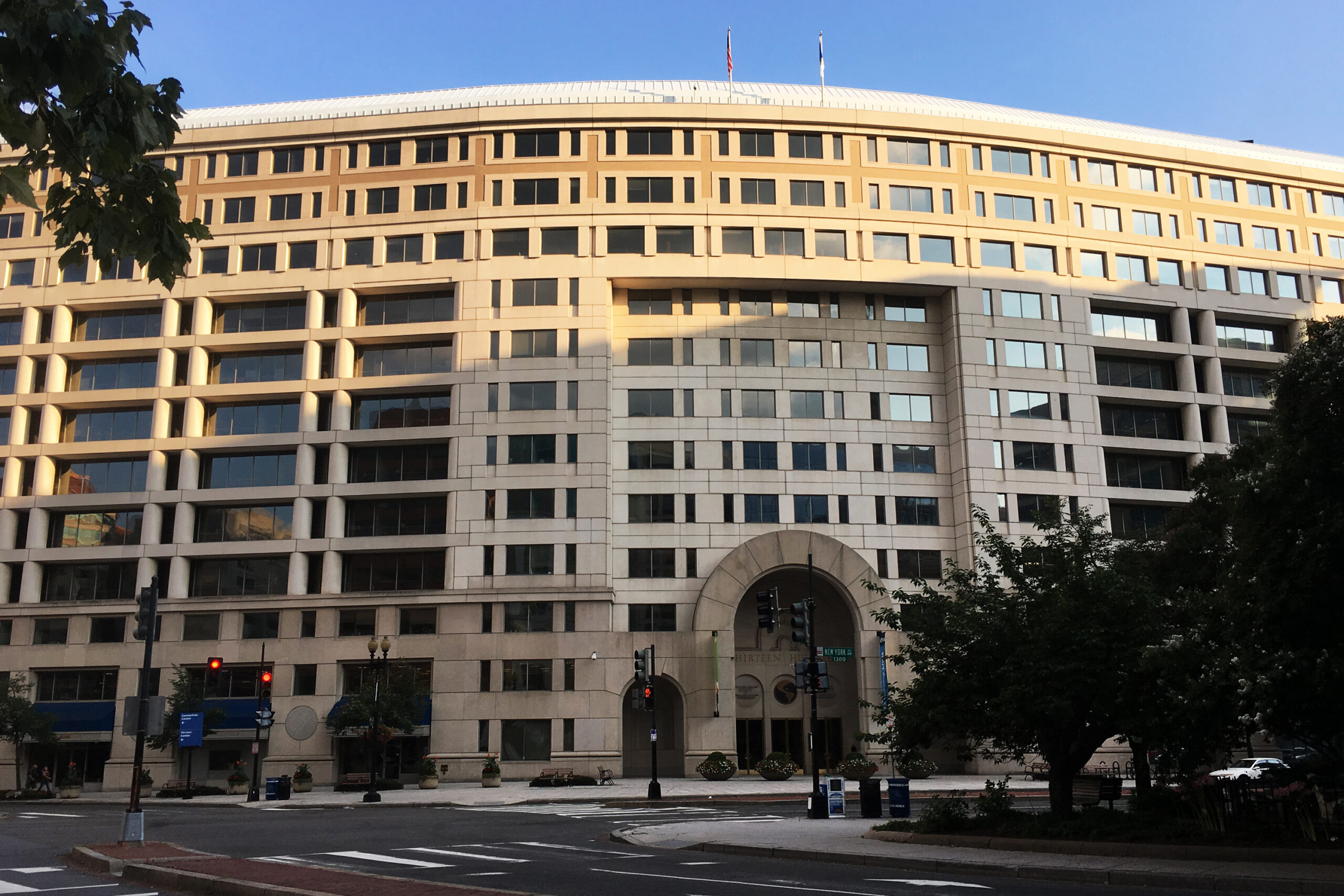- In addition, IDB’s second phase of consultations on social and environmental policies begins
Lima, July 17, 2020. – Given the announcement by the United States Government of the candidacy of Mauricio J. Claver-Carone for the presidency of the Inter-American Development Bank (IDB) Group, various voices from the region have expressed their disagreement. In a statement signed by former presidents Ricardo Lagos, Fernando Henrique Cardoso, Julio María Sanguinetti, Juan Manuel Santos and Ernesto Zedillo, they express their reluctance to the aforementioned nomination when considering it a break from the original commitment (unwritten tradition) of a Latin American presidency in financial institution.
«With the proposal of the United States (USA) to elect a president of that country, this pact would be broken and the weight for decision-making would be unbalanced; because currently, the voting method is based on the capital contribution of each country, which leaves the United States with the highest percentage of votes in the Board of Governors, if we add to this the presidency’s aligned US interests, openly distant Minority rights would generate a risk in the Bank’s governance, and therefore to achieve true sustainable development that respects human rights in the region, «said Denisse Linares, specialist of Derecho, Ambiente y Recursos Naturales (DAR).
Since 2019, the IDB has been implementing a process to review its socio-environmental policy frameworks (MPAS). On July 6, the second draft of safeguards was presented, so that whoever assumes the leadership of the bank must have a vision and understanding of the processes facing the region, as well as the same MPAS document.
Among the main demands of indigenous organizations, such as the Coordinator of Indigenous Organizations of the Amazon Basin (COICA) and the Inter-Ethnic Association for the Development of the Peruvian Forest (Aidesep), are that the identification of indigenous peoples is not conditioned on recognition by third parties, such as those explicitly specified in the contents of the ILO Convention 169, being free, prior and informed consultation of indigenous peoples, consent in the event of involuntary resettlement; recognition of consultation protocols from indigenous peoples, and specific measures for indigenous peoples in isolation and initial contact, among other aspects. Likewise, the standards of the Escazú Agreement, the first treaty on the protection of environmental and indigenous defenders, which is in the process of ratification by the States of Latin America and the Caribbean, are incorporated.
«The change of the IDB presidency in the following month implies assuming the vision and perspectives of the person who assumes the position, which includes knowledge about the development challenges facing the region, his experience in working with Latin American countries and the Caribbean, a crucial requirement for the time when it is not time to live, amid constant protests demanding the recognition, respect and guarantee of fundamental rights, as well as the challenges in the face of the strong post-pandemic economic blow, «added the DAR specialist.
The second and last phase of the public consultation process will take place virtually for 30 days. To send suggestions and comments, they should be sent to BID-MPAS@iadb.org no later than August 5, 2020.


